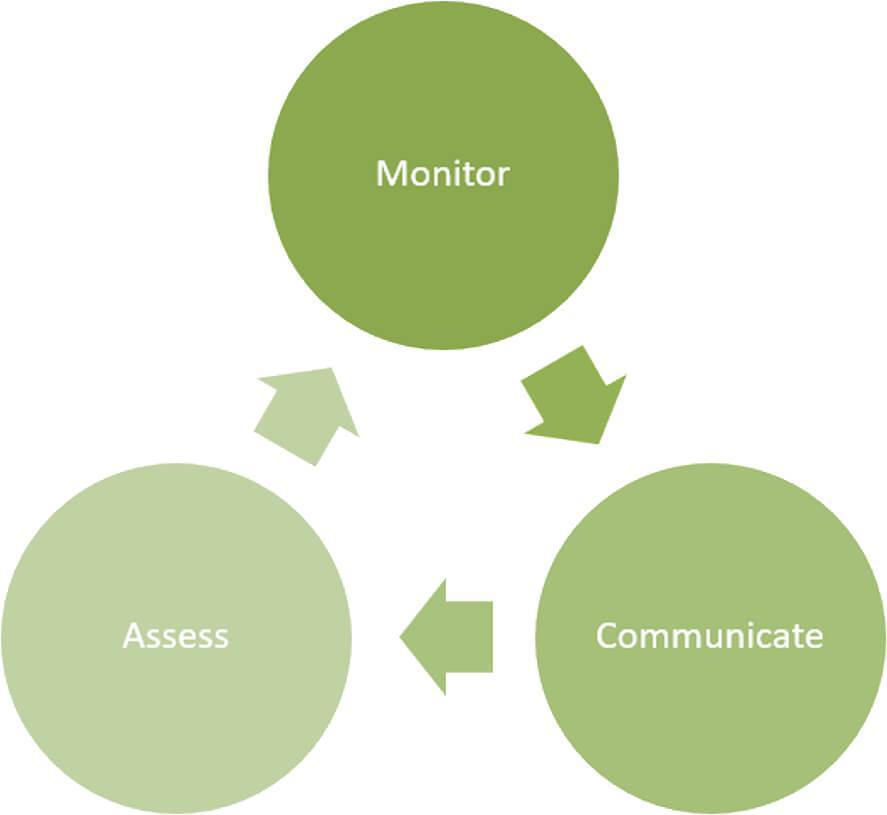When assessing psychological factors, it's important to identify possible causes or triggers for any changes in a person’s behaviour or mood. Consider the following questions to help guide your investigation:
- Has there been a recent change in environment? Moving to a new place, such as a care home, can cause distress or agitation.
- Has something happened within the person’s family or social circle? For example, a death or a long gap between visits from loved ones can have a significant emotional impact.
- Has the person been medically unwell? Illnesses can affect mood and behaviour, especially in those with dementia.
- Have there been any recent changes to medications? Medications can have side effects that may influence psychological well-being.
Assessment Tools:
There are several tools available to assess psychological factors in individuals with dementia. Some of the commonly used assessments include:
- Geriatric Depression Scale (GDS): A tool to screen for depression in older adults.
- Antecedent-Behaviour-Consequences (ABC) Chart: Used to identify triggers and patterns of behaviour.
- Mini Mental State Examination (MMSE): A brief test used to assess cognitive function.
- Beck Depression Inventory (BDI): A widely used questionnaire for assessing the severity of depression.
- Hospital Anxiety and Depression Scale (HADS): A self-assessment tool for identifying anxiety and depression.
- Pool Activity Level (PAL): A measure of an individual’s ability to engage in activities.
- Quality of Life Alzheimer's Dementia (QOLAD): A tool to assess the quality of life in people with Alzheimer’s or other dementias.
- Dementia Care Mapping (DCM): A person-centred approach to assessing the quality of care and the well-being of people with dementia.
Monitoring and Communication:
- Observation: Regularly observe changes in behaviour and note any patterns or triggers.
- Communication:
- Self-report: Speak directly to the person to assess their feelings or any concerns they may have.
- Collateral from Family: Gather insights from family members about the person’s previous history and any recent changes.
- Communication among Staff: Staff communication is essential to ensure consistent care and to monitor any changes in behaviour or mood.
By using these assessment tools and communication strategies, you can identify the underlying causes of changes in behaviour and mood and respond with appropriate interventions.

